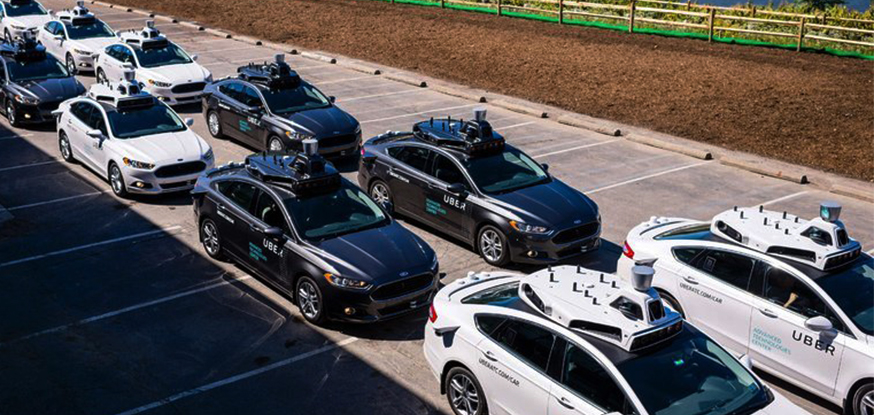A US road safety body has issued a call for the federal government to introduce tougher regulations and standards in relation to autonomous driving following two recent fatalities which occurred on US roads in the past fortnight.
President of Advocates for Highway and Auto Safety, Catherine Chase has said legislation needs to be introduced in an effort to curtail the threat posed by autonomous vehicles operating on public roads.
Chase made the call following the deaths of a pedestrian in Arizona and a motorist in California. A 49 year-old female pedestrian was struck by an Uber self-driving vehicle in Arizona and the tragic fatality has forced Uber to suspend its self-driving program which was operational in four US cities. In California, a 38 year-old male was killed when his Tesla Model X crashed into barriers on a highway on the outskirts of Santa Barbara. It has since emerged his Tesla Model X was in automated mode.
Chase said, "Having some basic rules of the road that everyone follows will benefit everyone because if one company fails at ensuring safety, it will affect all companies and consumer support."
Chase was speaking at a gathering of safety experts and consultants at the New York Auto Show. She said the time has now come for a tougher federal stance to be taken in relation to self-driving technology - and added that an overhaul of autonomous driving legislation was required through congress.
Automakers have expressed their concern that restrictive legislation would drastically slow down the development of self-driving technology. However, despite the recent fatalities caused by autonomous technology, road safety advocates remain convinced it can reduce the number of roadway deaths in the US.
Surveys conducted by several bodies indicate that the US public remains largely skeptical over the technology - and the incidents involving Uber and Tesla in the last few weeks will certainly not alleviate fears. However, the percentage of US motorists skeptical of autonomous technology did decrease in the last twelve months.
Kelly Nantel, vice president of the National Safety Council, said autonomous technology had the potential to "revolutionize" auto safety but that carmakers should make clear what the technology can and cannot do.
"We have to be very careful how we name things," she said. "Calling something 'Autopilot' sends a message to the lay consumer that the system is capable of something it isn't."
Safety regulators criticized Tesla's Autopilot after a May 2016 fatal crash, finding that the driver relied too heavily on Autopilot that was made possible under Tesla's design, according to a September 2017 National Transportation Safety Board report.

